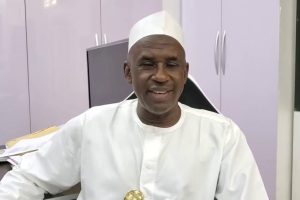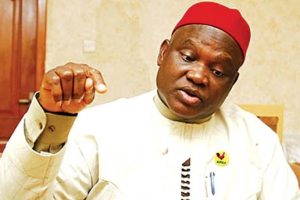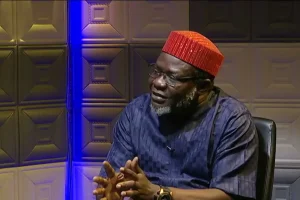
Human rights advocate and lawyer Deji Adeyanju recently voiced strong criticisms of President Bola Tinubu’s ability to alleviate the economic difficulties currently facing Nigeria.
According to Adeyanju, even if President Tinubu were given 300 years in office, he would still be unable to resolve the hardships that Nigerians experience today, as he believes the administration lacks viable solutions.
In his commentary, Adeyanju emphasized his belief that Nigeria’s economic and social policies are structured to favor the wealthy, leaving the poor to bear a heavy burden. He referred to Nigeria as an “anti-poor” nation, criticizing policies that, in his view, place an unfair financial load on lower-income citizens. He noted that while affluent individuals and businesses benefit from tax reliefs and other advantages, ordinary Nigerians are often left to face rising costs, particularly in areas such as fuel prices, which have significantly increased under the current administration.
Adeyanju expressed his deep frustration with the government’s actions and the state of Nigeria’s socio-economic landscape. He pointed to recent instances, such as the arraignment of protesters from the #EndBadGovernanceInNigeria movement, to illustrate what he perceives as an oppressive approach to dissent. In discussing these protesters—some of whom are young Nigerians voicing their frustrations about insecurity and poverty—he described a scenario in which citizens are penalized for simply demanding basic necessities and better governance.
To further highlight the nation’s challenges, Adeyanju proposed a hypothetical scenario: if countries like the United States offered Nigerians visa-free entry, he questioned how many would choose to remain in Nigeria under current conditions. He argued that this “social experiment” would reveal the desperation many Nigerians feel and show that their hardships are not adequately addressed by those in power.
Moreover, Adeyanju expressed outrage over the treatment of minors who, when protesting issues such as food insecurity and inadequate governance, have faced severe consequences. In his view, the government’s heavy-handed response—including detaining minors for extended periods without proper care and charging them with serious offenses—reflects a disregard for the well-being and rights of its people.
He contrasted this with reports of Nigerian officials interacting with known bandits in a bid to “rehabilitate” them, even holding ceremonial events to reintegrate certain militant groups. Meanwhile, he observed, ordinary citizens who voice grievances are met with harsh penalties. This inconsistency, according to Adeyanju, underscores a fundamental irony in Nigeria’s approach to justice and governance.
Ultimately, Adeyanju’s remarks paint a picture of a nation where economic and political systems seem designed to protect the privileged while limiting opportunities and freedoms for the wider population. He expressed doubt that substantial change could come from the current administration, given the conditions that he argues have continued to persist under its leadership.





